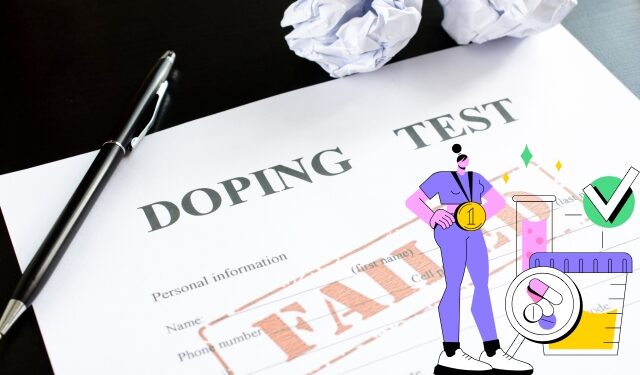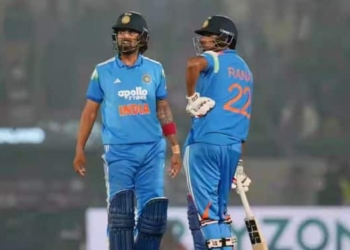In a major boost to global anti-doping initiatives, the National Institute of Pharmaceutical Education and Research (NIPER) Guwahati, in partnership with the National Dope Testing Laboratory (NDTL) in New Delhi, has successfully developed a high-purity Reference Material (RM) known as Methandienone Long-Term Metabolite (LTM). This rare substance, crucial for detecting long-term doping in athletes, was officially launched today by Union Minister Dr. Mansukh Mandaviya during the 22nd Governing Body Meeting of NDTL.
Reference Materials are the gold standard in analytical testing, representing the purest and most characterised forms of drugs or their metabolites. They play a vital role in identifying over 450 substances banned by the World Anti-Doping Agency (WADA). With only a handful of manufacturers worldwide—around 4 to 5—these materials are often scarce and costly, limiting access for testing labs globally.
The collaboration between NIPER Guwahati and NDTL aims to address this gap by producing 22 such specialised RMs that are not commercially available. Since the initiative began in 2020, 12 have been synthesised and delivered, with Methandienone LTM marking the latest achievement. This particular metabolite is groundbreaking because it is not yet available on the global market and targets long-term residues of Methandienone, a prohibited anabolic steroid.
Methandienone, commonly used by athletes for performance enhancement, can now be detected even months or years after use, thanks to this LTM. By focusing on metabolites that linger in urine over extended periods, anti-doping authorities can uncover historical misuse, leading to more accurate positive tests. This not only enhances detection capabilities but also serves as a strong deterrent against steroid abuse in sports.
“The development of this Reference Material underscores India’s commitment to fostering transparency and integrity in sports,” said a representative from NDTL. “It protects clean athletes and ensures a level playing field.” The material could be shared with all 30 WADA-accredited laboratories worldwide, positioning India as a key contributor to the international anti-doping community.
Senior officials from the Ministry of Youth Affairs and Sports, the Department of Pharmaceuticals, NIPER Guwahati, and NDTL attended the launch, highlighting the collaborative spirit driving this innovation. As doping scandals continue to challenge the world of sports, advancements like this promise to uphold the principles of fair play and athlete welfare.






























